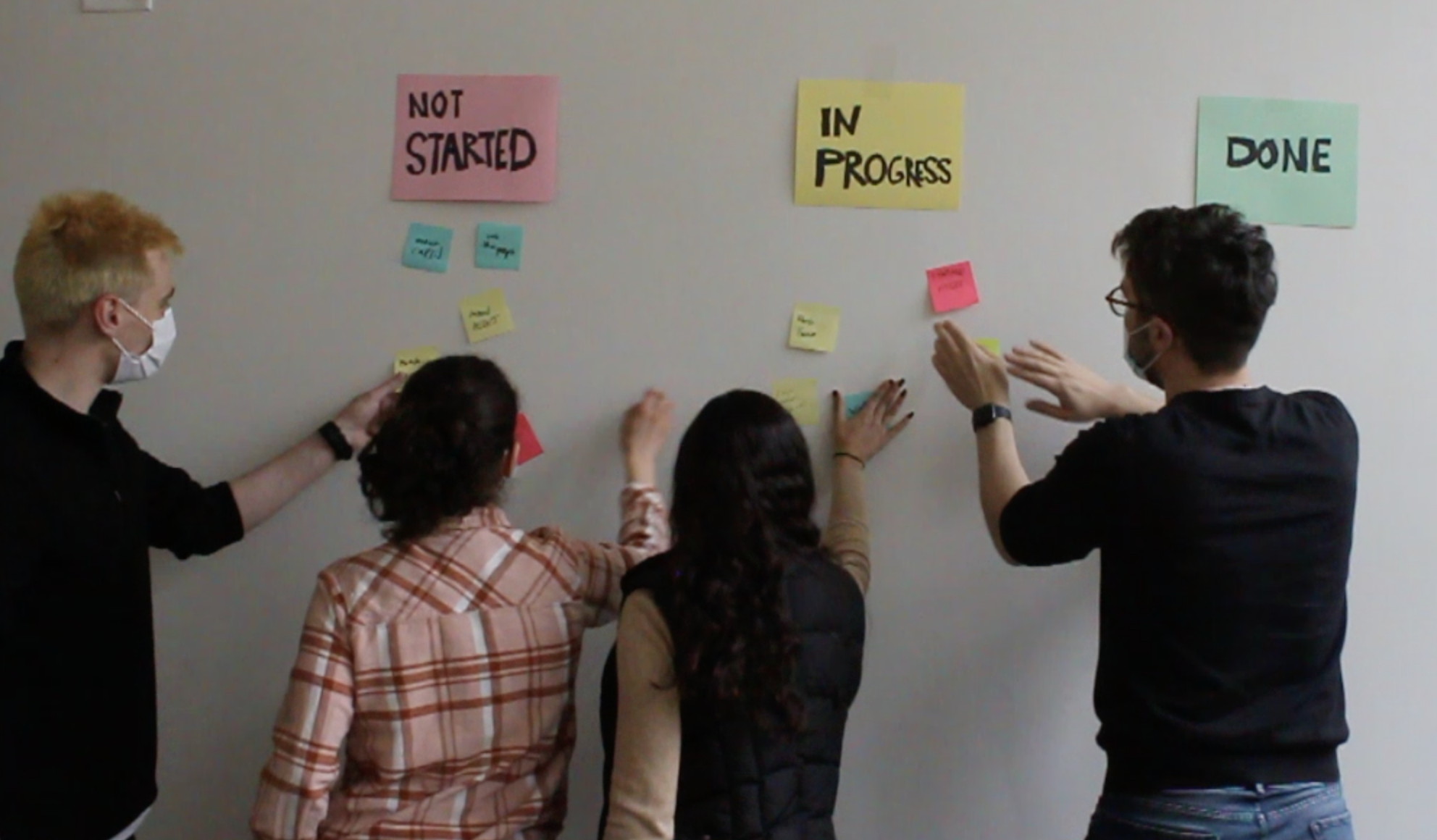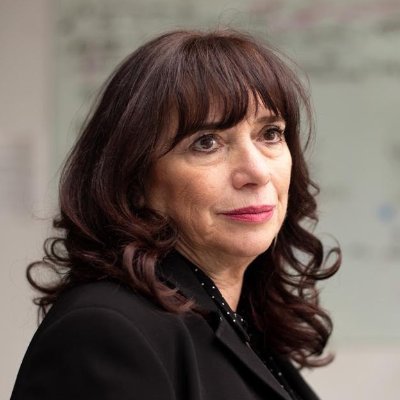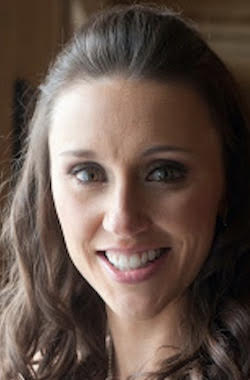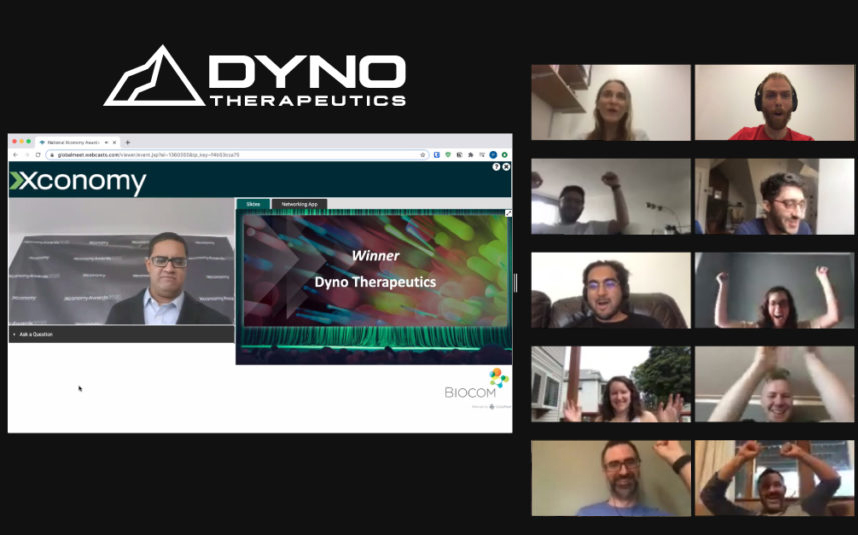At Dyno, we are empowering a diverse team of the best problem-solvers to drive cutting-edge science toward improving patient health.
This is easy to say but impossible to do without innovating on how biotech companies approach work. At Dyno, we believe that by nurturing a healthy work experience that promotes courage, openness, respect, focus, and commitment our employees, or AAViators, will improve patient health in a state of joy. Today, as a 50-employee company, we work in a Scrum-inspired Agile framework, which we will scale as we grow to 150 employees in the next few years.
We seek to improve patient health by optimizing gene vectors (e.g., capsids) so our partners can deliver safer and more efficacious gene therapies. We do this through a closed-loop process which combines machine learning with in vivo & in vitro experimentation: With each iteration we get closer to capsids that move the needle on what is possible in gene therapy.
While it would be nice to simply dream success into reality, in practice, it requires effective teamwork. The typical biotech approach is to use traditional project management, a sequential process of initiation, planning, execution, monitoring & controlling, and finally, project closure. This approach requires having done similar work in the past so one can anticipate most of what is needed to be successful, as well as having stable technology one can rely on. While this works really well in manufacturing and construction, it often falls short in high-tech industries.
Starting in the 1980s, the pitfalls of traditional project management began to be examined as described in The New New Product Development Game. What followed was the slow adoption of Agile work practices across a growing set of industries involved in complex work. Complex means the work you are undertaking likely hasn’t been done before, everything you need to do to be successful isn’t known, and you still need to develop technology which doesn’t currently exist. Agile, practiced through a light-weight framework called Scrum, overcomes complexity by guiding teams to approach work with an empirical, incremental, and lean mindset. As teams routinely apply what they learn, and prioritize what to do next, they are able to minimize wasted effort, quickly take advantage of new learnings, and complete projects which have never been done before.
Since our work at Dyno is highly complex, traditional project management, although more familiar, just doesn’t fit the nature of our work or our AAViators expectations. By the time a project manager finishes drafting one detailed plan, the team will have learned something which significantly alters the said plan. What’s worse is the psychological toll continuous change has on a team when using traditional project management—which aims to minimize the occurrence of change! The result is that change begins to feel like failure, so much that it’s tempting to try to prevent change, ultimately leading to poorer outcomes.
Next, I’ll highlight our approach with its key roles and responsibilities.
We plan, execute, and learn in two-week increments called Sprints, which begin with planning … But before we focus on planning the next two weeks, we take a step back and refine our roadmap together. This roadmap acts to visualize how we think we can achieve our company goals over the next 12-18 months. We find it important to understand where our efforts today will take us and to have confidence we are balancing our desire for success with a sustainable experience. After we commit to our revised roadmap, every team, across both R&D and corporate, does Sprint Planning together. We are open about the goals we are committing ourselves to accomplish over the next two weeks, while accounting for known constraints like taking time to vacation or develop ourselves. We make these commitments extremely clear by documenting “Definitions of Done”, or brief statements of what it means for each deliverable to be officially completed.
We execute … Every workday during the Sprint, each team meets for 15 minutes to see how the Sprint is progressing and adapts it as needed; at the end of each day, all team leads meet for another 15 minutes and discuss any crossteam impacts which need to be raised and resolved so that Sprint goals can be achieved. Individuals and teams have significant flexibility over the course of the Sprint to accomplish what they committed to during planning.
We learn … At the end of the Sprint, every team conducts a Sprint Review to determine what was done, what was not done and why, and to decide what they should do next. This reinforces accountability in a healthy way. The Sprint Review is followed by a Sprint Retrospective where each team inspects how they are working as a team and commits to doing something to improve teamwork in the next Sprint. A Review and Retrospective is also conducted at the Company level to ensure broad transparency and commitment to evolving how Scrum is used at Dyno.

Of course, our approach would never work without the focused involvement of three key roles: The Team who collectively determines the work that needs to be done, the Product Owner who leads the team and prioritizes work, and the Agile Captain who facilitates the framework while promoting teamwork. The Agile Captain is a volunteer from the team, some stick with the role, other teams go through a role rotation, either way the role is vital for team success in our Agile framework.
Our approach requires even the most involved AAViators to spend less than 10% of their time within the framework events, which is an important metric we respect as we look for ways to improve how we work together. We constantly ask ourselves: How can we make our framework better while keeping the time required under 10%? Additionally, when teams have unsuccessful Sprints it’s psychologically nice for them to know that they can start afresh in the next Sprint, now with the added benefit of their learnings. Finally, each Sprint presents an opportunity to pause, take stock of the current situation, and refocus the teams’ and company’s efforts on the most important priorities. We get 24 opportunities a year to do this; that far exceeds what you could expect within a traditional project management framework.
Since our first Sprint, our framework has continually evolved to achieve our desired outcomes. We do not expect the way we work today to enable success in a company with 150 employees; however, we have absolute confidence that we can evolve our framework and maintain a healthy work experience which promotes courage, openness, respect, focus, and commitment.
We’re excited about the progress we’ve made thus far, and enthusiastically welcome others to join us on our awesome journey! Come learn more at the upcoming 8 June 2021 webinar, Biotech and Scrum: Rethinking How Biotech Innovates in the 21st Century.


